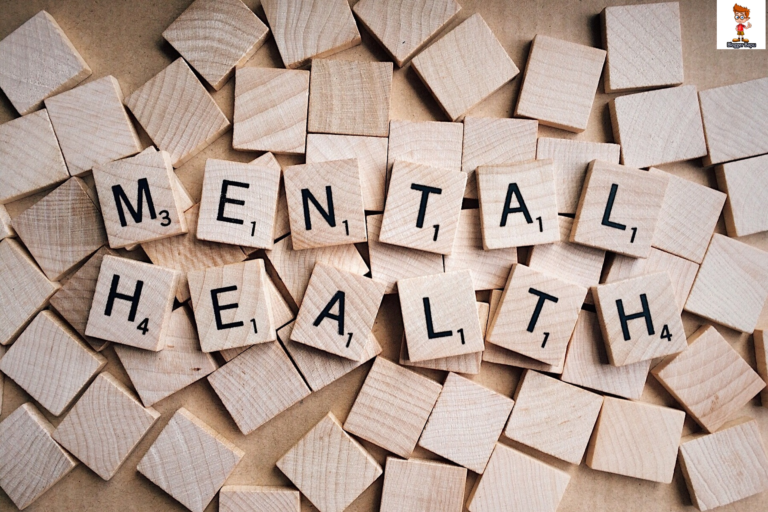Introduction: Why Mental Health Matters More Than Ever
Today’s busy life can easily wear us down. With work, family, and always being on our phones, it’s easy to feel overwhelmed. The World Health Organization (WHO) says that mental health is about being able to handle daily stress, work well, and stay connected to others. More people are seeing the need to take care of their mental health and prevent burnout. This guide will show you simple self-care ideas, signs of burnout, and easy ways to handle stress every day.
1. Why Mental Health and Self-Care Are Important Today
Our fast-paced lives often leave us tired and stressed. Taking care of mental health isn’t just a luxury—it’s necessary for lasting happiness and peace of mind. With simple self-care habits, we can improve our well-being and build a life we truly enjoy.
2. How to Spot Burnout Early
Burnout isn’t just feeling tired. It’s a deep kind of exhaustion that makes you feel worn out, both physically and mentally. Here are some common signs of burnout:
- Constant tiredness: You feel worn out even after resting.
- Feeling negative: You start to dislike things you used to enjoy.
- Trouble focusing: Tasks that were easy start feeling harder.
- Emotional detachment: You feel disconnected from your life.
Spotting burnout early can help you take steps to feel better and get back on track.
3. Easy Self-Care Ideas for Daily Life
Self-care doesn’t have to be complicated. Here are some simple self-care ideas that fit into daily life.
a) Move Mindfully
Try gentle activities like yoga, walking, or stretching. These movements reduce stress, lift your mood, and help you reconnect with yourself.
b) Express Yourself with Art
Try drawing, painting, or any art form that you enjoy. Creating something lets you express feelings that might be hard to put into words.
c) Take a Break from Screens
Unplugging from your devices for a bit can refresh your mind. Use this time to read a book, spend time outdoors, or try something new that doesn’t involve a screen.
d) Go for a Walk in Nature
Even a short walk in the park can make you feel more relaxed. Spending time in nature can lower stress, boost your mood, and help clear your mind.
e) Try Guided Journaling
Instead of regular journaling, try writing prompts or lists that help you think through your day. It’s a simple way to understand your thoughts and stay positive.
f) Create a Relaxing Space at Home
Use things like soft lighting, your favorite scent, or cozy blankets to create a relaxing corner at home. This little space can help you unwind after a long day.
4. Tips for Managing Burnout
Here are a few ways to tackle burnout effectively:
a) Set Boundaries for Your Time
Saying “no” to extra tasks can help save your energy for what’s most important. Focus on things that matter to you and avoid taking on too much.
b) Break Big Tasks into Small Steps
If you’re overwhelmed, break down big tasks into smaller, easier steps. This makes them feel more manageable and helps you make steady progress.
c) Seek Support
Talking to friends, family, or even a mental health professional can provide support and advice. Sharing your feelings with others can make you feel less alone.
d) Reevaluate Your Goals
Sometimes burnout happens because we’re chasing goals that don’t truly matter to us. Take some time to reflect on what success means to you, and adjust your goals if needed.
5. The Power of Community and Connection
Having a good support network can make a big difference in mental wellness. Spending time with family, friends, or joining a local group can help you feel connected and supported.
Conclusion: Self-Care is Key to a Happier Life
Taking care of mental health is key to living a balanced life. Small self-care practices each day, knowing when to slow down, and setting healthy boundaries can make a big difference. Simple changes like these can help you feel stronger, happier, and more at ease with daily life. Remember, self-care isn’t selfish—it’s the foundation for a healthy, fulfilling life. During winter, prioritizing your health with warm clothing, a balanced diet, and adequate hydration can also support mental wellness and keep you resilient in colder months.





Informative
Pingback: Things to Make Your Relationship Strong
Pingback: The Bhagavad Gita: A Simple Guide to Life and Peace - Blogger Bapu